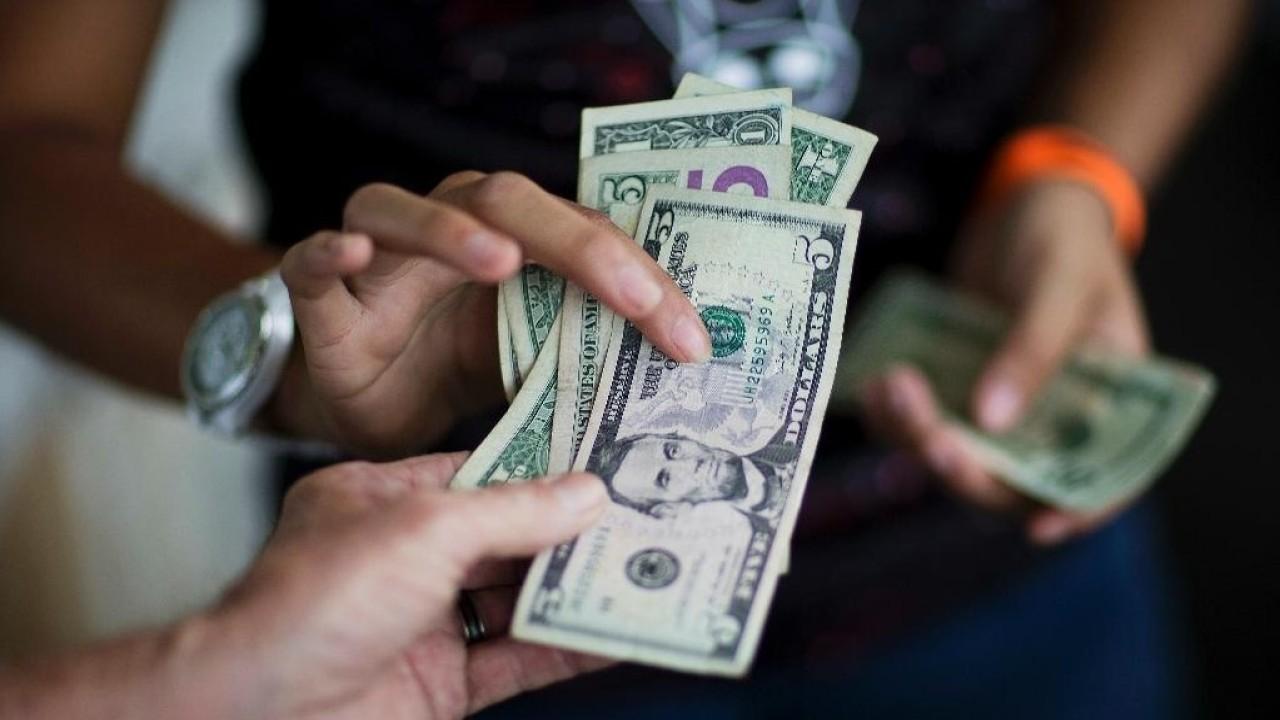Trump mulls permanent 0% payroll tax rate amid coronavirus fallout
Critics say eliminating the payroll tax would disproportionately benefit wealthy Americans
President Trump, to offset economic fallout from the fast-spreading coronavirus, has proposed slashing the payroll tax rate for employees and employers to 0 percent -- a change that he wants to make permanent, White House sources told Fox News.
Trump pitched temporarily eliminating the payroll tax rate during a lunch with Senate Republicans on Tuesday to insulate the economy from the coronavirus, which causes a disease called COVID-19. The virus has caused volatility in the stock markets and forced the Federal Reserve to make an emergency rate cut, the first time the U.S. central bank has done so since the financial crisis.
There has been consideration of eliminating it for three months, through the fall, through the calendar year or permanently, sources said.
Currently, all employees and employers pay a 6.2 percent payroll tax on wages capped out at $137,700. Right now, an employee earning $50,000 per year would pay $3,100 in payroll taxes. That money goes toward specific programs like Social Security, health care, unemployment compensation and workers’ compensation. Workers also pay a Medicare tax of 1.45 percent.
TRUMP TO FIGHT CORONAVIRUS ECONOMIC IMPACT WITH PAYROLL TAX CUT PROPOSAL AND OTHER PROGRAMS
Workers who earn more than $200,000 individually, or $250,000 if they are married and filing jointly, pay an additional 0.9 percent Medicare tax.
Individuals who work for themselves pay 12.4 percent toward Social Security and 2.9 percent for Medicare.
At least 29 people have died from COVID-19 in the U.S., with more than 1,000 cases reported. There have been more than 4,373 deaths worldwide and close to 122,000 cases, mostly in China.
Payroll taxes bring in more than $1 trillion in revenue annually; eliminating it would involve new borrowing on a spectacular scale. It would also represent a massive shift of the tax burden from people earning less than $137,700 to people making more than that. According to the Urban Tax Institute, a nonpartisan think tank, the largest tax burden for low-income households tends to come from the payroll tax.
But Democrats criticized the proposal, suggesting it would do little to help Americans who need the most financial help.
Rep. Don Beyer, D-Va., said on Tuesday that the idea doesn’t help people who have lost their jobs; and if they are making less than $25,000, the cut is “not enough to really do anything.” For instance, someone who lost their job, or whose paycheck mostly comes from tips, won’t see a big boost in their pocketbook. Conversely, richer Americans will receive a bigger paycheck.
“If you’re with so many Americans making $25,000 or less, then it ends up being like $10 a week,” Beyer said.




















